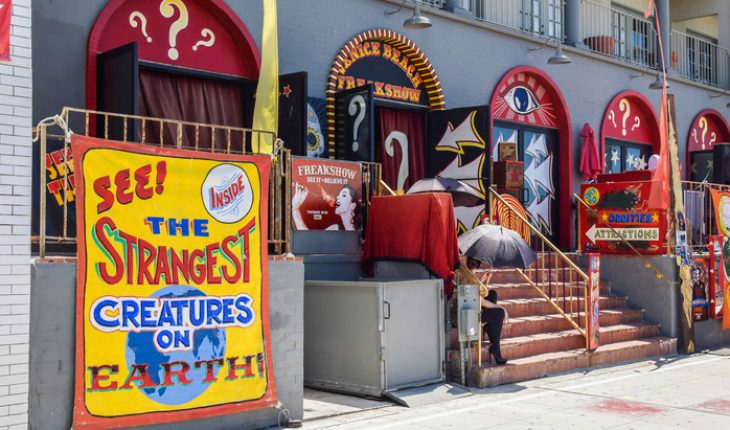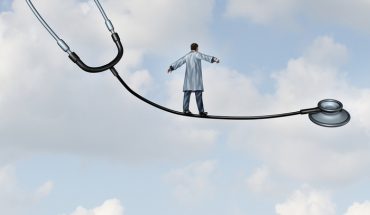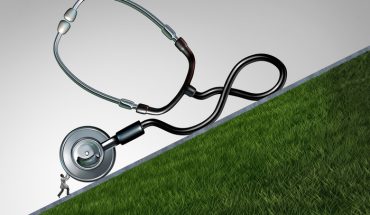Professor Iain Hutchison
I’m a patient. Everyone one of you has been a patient. We all know how vulnerable we feel when the flu gets on top of us. I’m also a surgeon, a facial surgeon and I conduct research on patients, with their consent, and through my charity, Saving Faces, we run a helpline for patients.
I believe in involving patients in their patient care. I am very keen on public information projects to educate the public. For example, I funded the Savings Faces Art Project which provided cathartic for the patients that agreed to be involved.
Let’s talk about Embarrassing Bodies and Jeremy Kyle’s Emergency Room. I have a reasonably high profile. I was contacted by a producer who wanted me to front a new TV programme on cosmetic surgery and use some of my patients as case studies. It wasn’t my bag so I declined. It was finally presented by Vanessa Feltz. I remember switching on my TV one day and seeing a slot on anal bleaching. Who wants to know about anal bleaching? Come on. It became a much more serious programme which came to be known as Embarrassing Bodies which is collaborating with charities such as Cancer Research UK where they looked at cancer patients. But that’s how it started out.
One of my patients was keen to be involved. I spoke to him, telling him that ‘once you sign consent, you lose control. You are a vulnerable person and you will be in this position with a TV company that you cannot control.’
I have been approached by people from Jeremy Kyle wanting me to find patients to appear on a show where someone is given two minutes to tell their story. This is not enough time to let a patient tell his or her story including all the important things that you and the patient know when you go through the problems. It was a junior researcher who called and he had no sensitivity. ‘We’ll fly him up to Manchester and pay for his accommodation.’ I would not ever contact a patient for this type of thing.
Clare mentioned the Elephant Man – Merrick. Well, he was a human being and these patients on TV shows are real human beings, not walking toenails. And what happens to the patient afterwards? How are they affected emotionally by the experience? Once they are out of the TV spotlight, what happens?
- Medical TV: the new freak show - 30th May 2016







